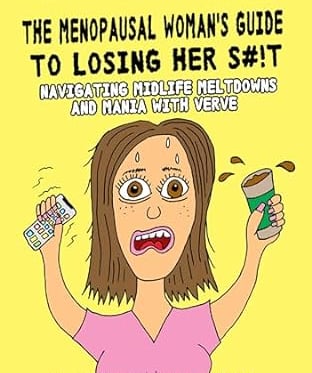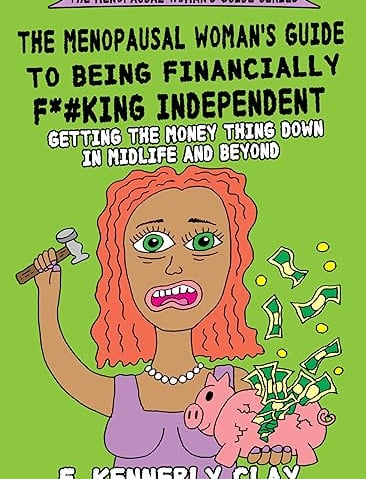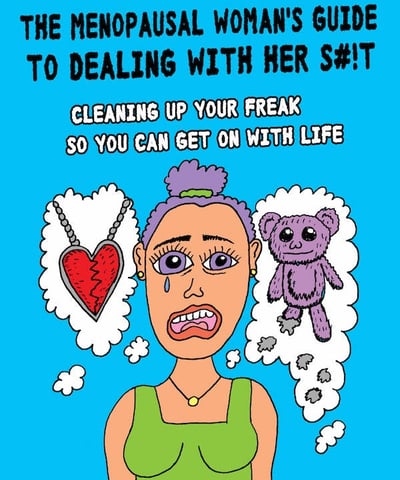How to Treat Menopause-Associated Psychosis
Menopause-associated psychosis represents a rare but significant mental health condition that can emerge during menopause. Find out more.
MENOPAUSAL MENTAL HEALTHMENOPAUSAL SYMPTOMS
Kennerly Clay
7/31/20245 min read
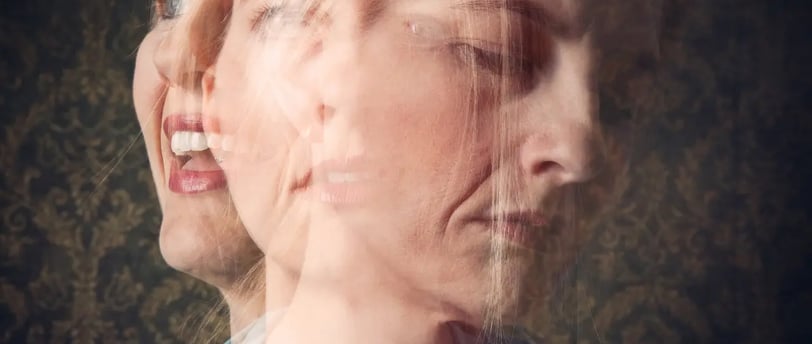

What is the treatment for menopausal psychosis?
Menopause-associated psychosis (MAP) represents a rare but significant mental health condition that can emerge during the transitional phase of menopause. Defined by its acute onset and severe psychiatric symptoms, MAP markedly differs from the more commonly discussed mood disturbances experienced during menopause.
MAP manifests through a range of symptoms including hallucinations, delusions, and profound mood swings. Hallucinations might present as auditory or visual, while delusions often involve fixed, false beliefs that the individual holds despite contrary evidence. The severe mood swings associated with MAP can plunge people into states of extreme emotional instability, further complicating the clinical picture. These symptoms markedly impair daily functioning and can pose safety risks, underscoring the condition’s severity. While mental health issues in menopause are common due to the variety of troublesome symptoms that can trigger mood disorders, often requiring strategies for treating menopause depression, MAP remains a rare occurrence during this life stage.
Nonetheless, there is enough research to indicate there is increased risk for midlife psychosis in women.
If you or someone you know is in crisis, please call 988, the Suicide & Crisis Lifeline in the United States.
What triggers psychosis in menopause?
The hormonal changes inherent to menopause, specifically the decline in estrogen and progesterone levels, play a pivotal role in the onset of MAP. Estrogen and progesterone significantly impact neurotransmitter regulation, particularly those involving serotonin and dopamine. As these hormone levels drop, the consequent biochemical disturbances can trigger or exacerbate psychiatric conditions, making you more vulnerable to MAP if you are already susceptible to mental health issues.
Psychological factors
Psychological factors also play an essential role in the onset of MAP. Women undergoing menopause often experience significant stress due to the multitude of changes in their bodies and lives. This stress can be compounded by pre-existing mental health conditions such as depression or anxiety, making you more susceptible to MAP. Furthermore, menopause can introduce new psychological stressors, including negative body image, fear of aging, and concerns about fertility, all of which can impact mental well-being.
Social factors
Social factors cannot be ignored when examining the triggers for MAP. During menopause, a woman’s social environment, including her family dynamics, work-life balance, and social support systems, becomes critically important. Lack of support from family or friends and significant life changes, such as children leaving home or retirement, can lead to feelings of isolation and exacerbate psychotic symptoms. Additionally, cultural attitudes towards aging can influence how a woman perceives and experiences menopause, potentially adding to psychological distress.
Lifestyle factors
Other critical contributors include lifestyle changes and genetic predispositions. Lifestyle factors such as poor diet, lack of physical activity, and substance abuse can aggravate the symptoms of MAP. Genetic predispositions also play a role; women with a family history of mental illness are more likely to experience MAP during menopause.
Each of these factors—biological, psychological, social, lifestyle, and genetic—intertwine to complicate the onset and progression of MAP during menopause.
As for the prognosis of MAP, it is typically considered to be temporary, with episodes often resolving as the body gradually adapts to hormonal changes. However, the duration and intensity of symptoms can vary widely. Studies have highlighted that while some women may experience symptoms for a few months, others might endure them for a longer period. Expert opinions stress the importance of early intervention to mitigate the severity and duration of MAP, advocating for a combination of pharmacological and therapeutic strategies tailored to individual needs.
Menopause survival tip sheet
The Menopause Madness Relief Kit is a hand-curated list of menopausal survival tips from women who've been to hell and back.
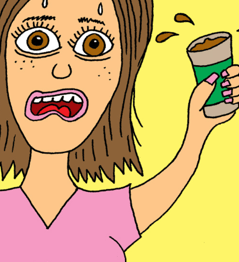

The well-known estrogen protective hypothesis was formulated at the beginning of 1980s and postulates that estrogen protects females against psychotic symptoms from puberty to the start of perimenopause. According to this theory, the menopausal transition period and its associated hormonal changes are potential mechanisms of psychosis risk in women, particularly at midlife. - Menopause-associated psychosis: A case report and literature review, Psychiatry Research Case Reports
Evidence-based treatments for menopausal psychosis
MAP presents unique challenges, necessitating a multifaceted treatment approach. Evidence-based treatments for MAP encompass both pharmacological and non-pharmacological therapies, each proven effective through rigorous clinical studies.
Medical treatment for MAP
Pharmacological treatments are often the first line of defense. Antipsychotic medications such as olanzapine, risperidone, and quetiapine demonstrate significant efficacy in controlling psychotic symptoms. Studies indicate that these medications can stabilize mood and reduce delusions or hallucinations. Hormone replacement therapy (HRT), targeting the estrogen imbalance commonly associated with menopause, also shows promise. Clinical data reveal that women receiving HRT experience a reduction in depressive and anxiety symptoms, which can indirectly reduce the severity of psychosis.
Therapy for MAP
On the non-pharmacological front, cognitive-behavioral therapy (CBT) stands out as a cornerstone treatment. CBT helps patients identify and challenge distorted thinking patterns, equipping them with effective coping mechanisms. Research substantiates CBT's benefits, showing marked improvement in overall mental health outcomes for women with MAP. Additionally, integrating stress management techniques—such as mindfulness meditation, yoga, and progressive muscle relaxation—further aids in symptom alleviation. These interventions help in reducing anxiety and enhancing emotional resilience.
Expert recommendations emphasize the importance of a holistic approach, combining medication, psychological support, and lifestyle adaptations. According to the American Psychiatric Association, a comprehensive treatment strategy addressing both biological and psychosocial components yields the best results. Patient testimonials corroborate this, with many reporting improved quality of life when engaging in a multifaceted treatment regimen.
Overall, while pharmacological treatments like antipsychotics and HRT are crucial for symptom management, non-pharmacological therapies play a vital role in maintaining long-term mental health. The synergy of medications with psychotherapy and stress reduction techniques offers a balanced pathway to manage MAP, ensuring both symptom relief and enhanced well-being.
Wanna talk more about treating menopause-associated psychosis?
Books for women who are losing it in menopause
Mental Health
Losing your mind in peri/menopause?
The menopausal woman's guide series
Financial Health
Had enough of financial insanity?
Personal Growth
Triggers? Old stuff kicking up?
Related topics
Explore helpful articles, tips, and advice for women who are losing their shit in menopause.
Community
Stay Connected
© 2024. Eclectic Content, Inc. All rights reserved.

